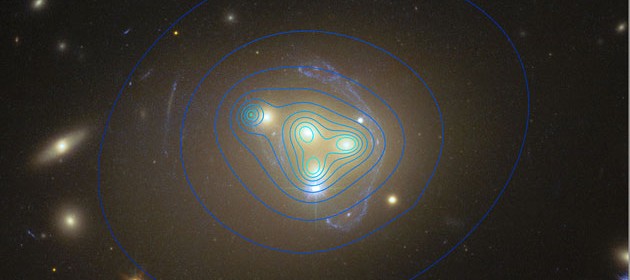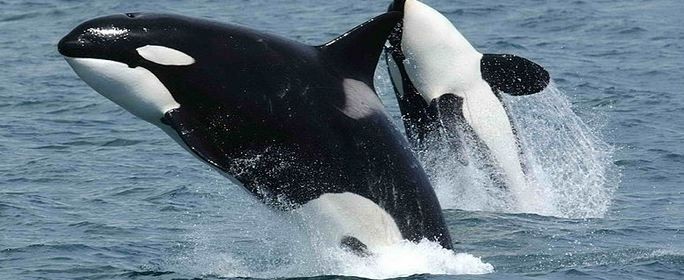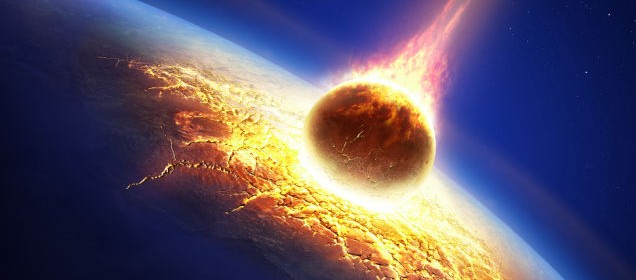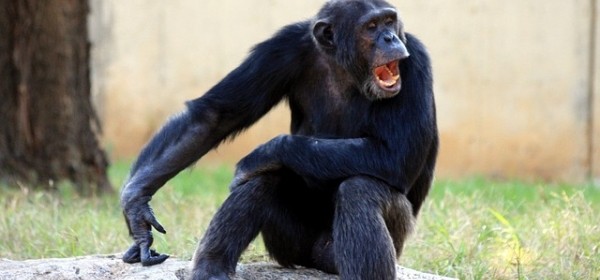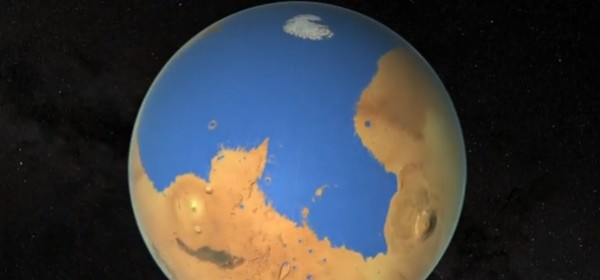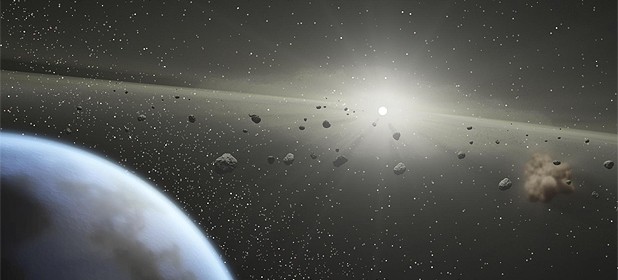Why Did The Worlds 2nd Largest Emperor Penguin Colony Disappear?
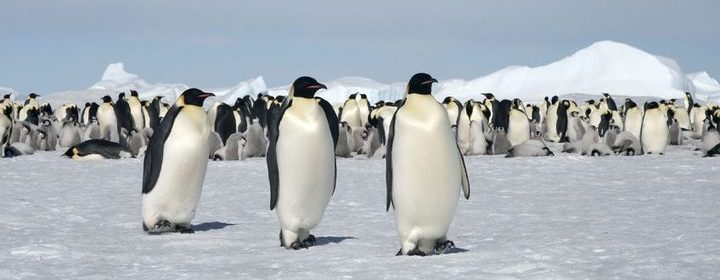
In 2016, the world’s 2nd largest emperor penguin colony had been wiped out overnight. Thousands of emperor penguin chicks drowned after an ice shelf in Antarctica collapsed. In the years following the catastrophic collapse of the ice shelf at Halley Bay, Scientists have concluded that no breeding has been detected in the area since. On average, approximately 15,000 to 24,000 […]
Read more
